The End of Liberal Internationalism? Trump’s New Realism
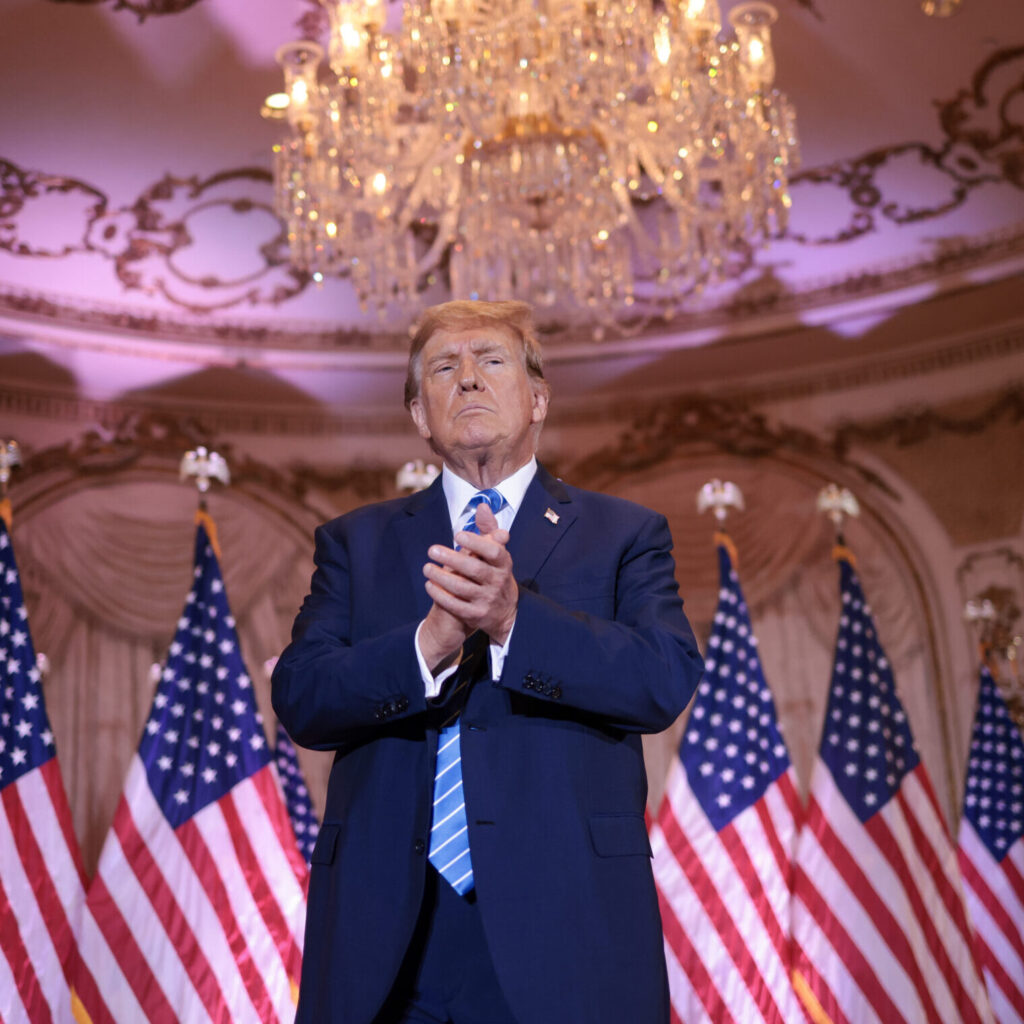
Donald Trump’s address to the UN General Assembly marked a sharp break from America’s seven-decade stewardship of the liberal international order. Rooted in realist principles, his speech rejected multilateralism, attacked the UN’s legitimacy, and reframed alliances as transactional bargains. From immigration and climate policy to NATO and Middle East conflicts, Trump outlined a vision of unilateral power and national sovereignty that directly challenges the institutional foundations of global governance.
Recognition of Palestinian State: Symbolism or Real Change?
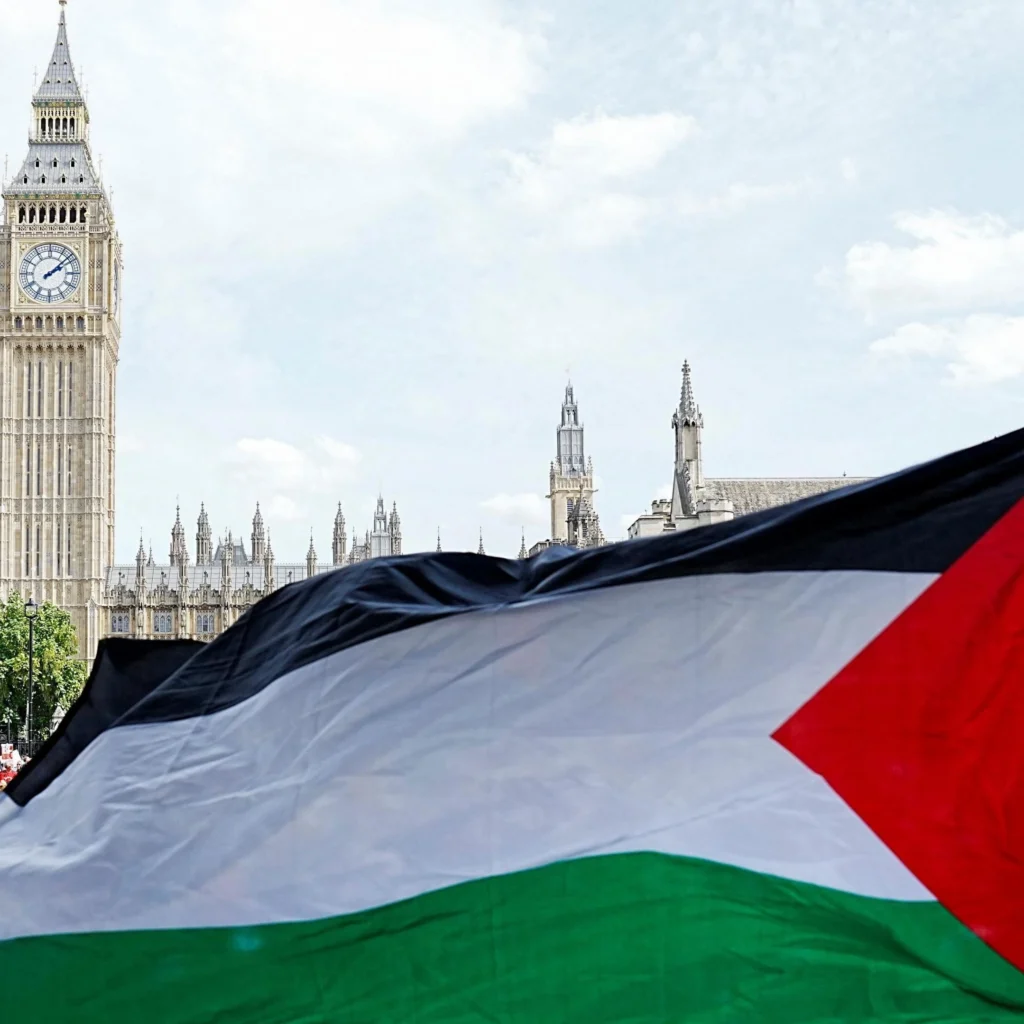
After more than 65,000 deaths and Gaza’s collapse into famine and ruin, the UK, Canada, Australia, and Portugal have formally recognized Palestine. Their move breaks decades of Western policy consensus, signaling a potential turning point in the conflict, but with strict conditions and fierce Israeli opposition, the future remains deeply uncertain.
Pakistan’s Role in UN Peacekeeping: A Legacy of Sacrifice and Global Service
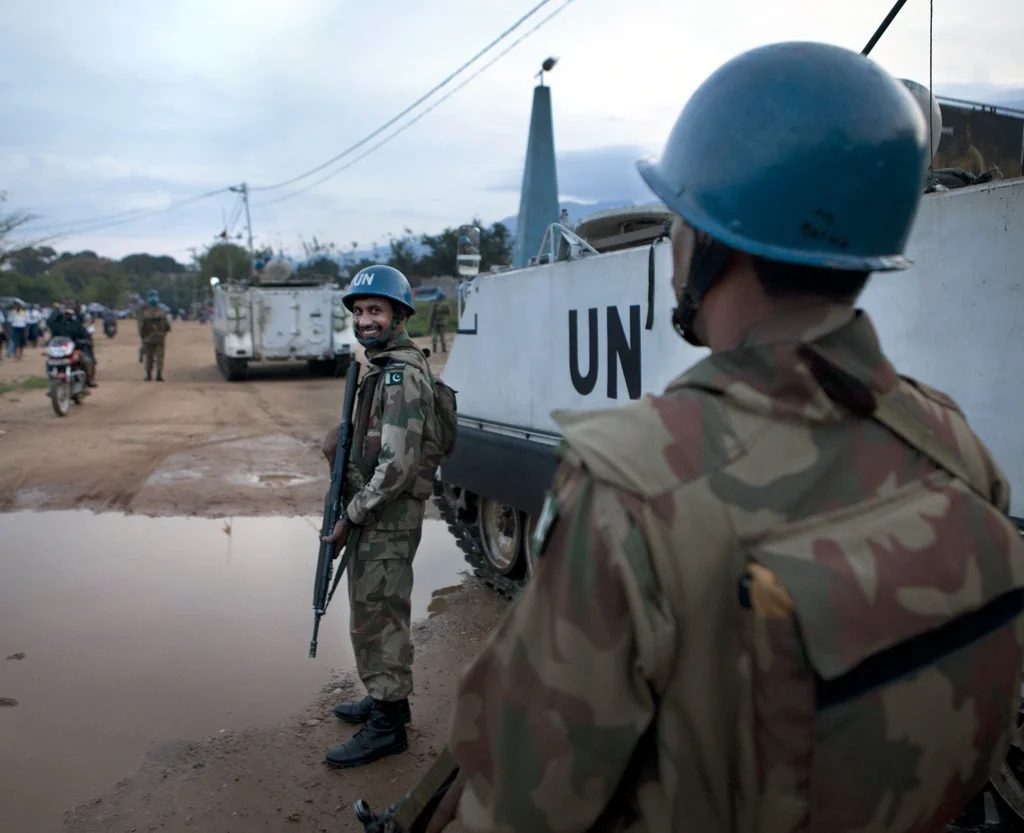
For over seven decades, Pakistan’s role in UN peacekeeping has defined its international standing. From the Congo in 1960 to modern missions in South Sudan and the DRC, Pakistani peacekeepers have shown courage, adaptability, and sacrifice. Their legacy is one of humanitarian commitment and global service.
Water, War, and the UN: The Indus Basin Dilemma
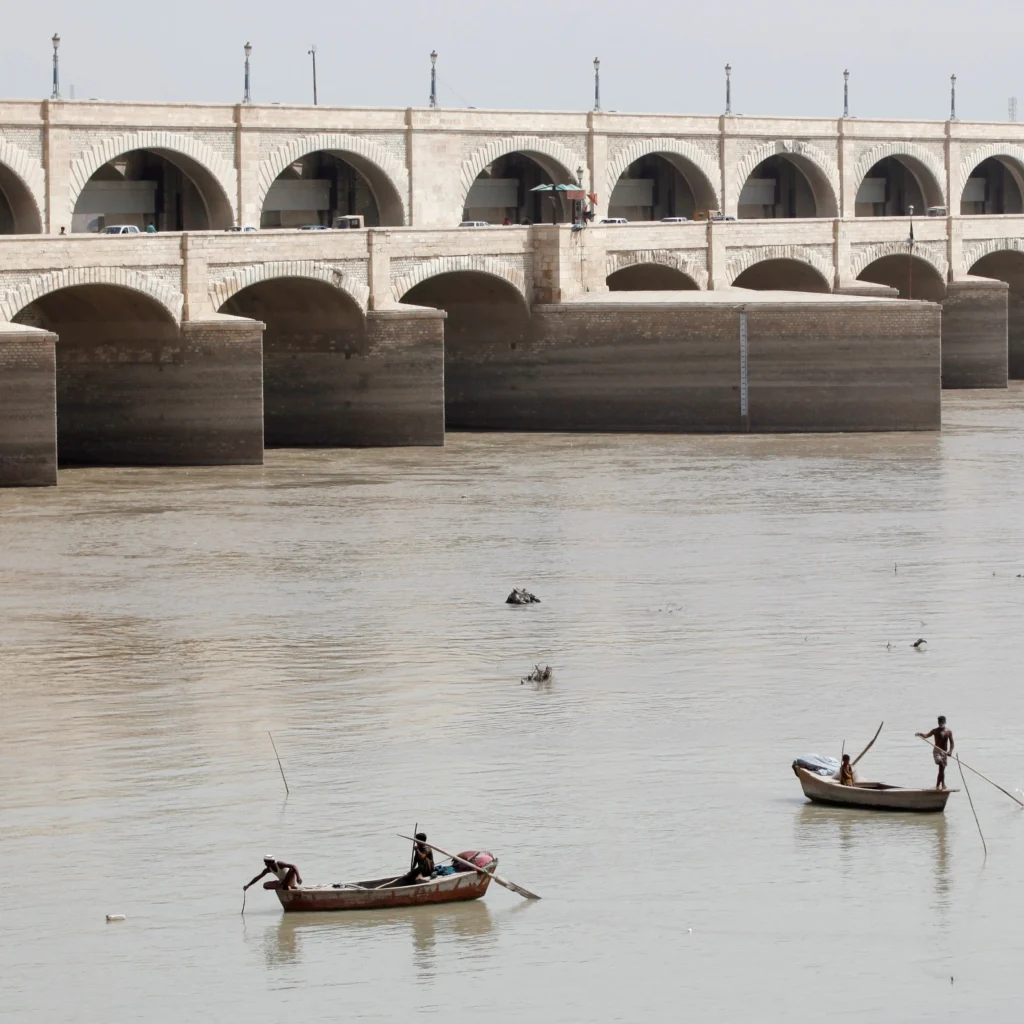
The Indus Waters Treaty, once hailed as a model of cooperation, faces its gravest challenge after India’s unilateral suspension in 2025. For Pakistan, water security is a matter of survival, with millions dependent on the Indus Basin for food and livelihoods. As tensions mount, the fear of “water terrorism” looms large, raising the stakes for regional stability. The UN must move beyond silence, leveraging law and diplomacy to ensure the Indus remains a source of life rather than a trigger for war.
Pakistan Tells UN It Has Evidence ‘External Adversaries’ Behind Jaffar Train Attack
![Pakistan urges UN to hold perpetrators accountable for BLA's deadly attack on Jaffer Express train, citing external sponsorship. [Image via X/@PakistanUN_NY]](https://southasiatimes.org/wp-content/uploads/2025/04/4597025-725363039.webp)
Pakistan urges UN to hold perpetrators accountable for BLA’s deadly attack on Jaffer Express train, citing external sponsorship.
100 Children a Day Killed or Injured in Gaza: UN Report
![The UN reports at least 100 children killed or injured daily in Gaza since March 18, highlighting the ongoing crisis. [Image via Anadolu/File]](https://southasiatimes.org/wp-content/uploads/2025/04/AA-20250331-37504015-37504008-ISRAELI_ATTACKS_ON_GAZA_CONTINUE_ON_EIDS_SECOND_DAY-1743457145.webp)
The UN reports at least 100 children killed or injured daily in Gaza since March 18, highlighting the ongoing crisis.
More Than 50,000 Killed In Gaza Since Israel’s Offensive Began
![Over 50,000 killed in Gaza as Israel's offensive continues, according to Hamas-run MoH figures, with vast destruction reported. [Image via Getty Images]](https://southasiatimes.org/wp-content/uploads/2025/03/6eae03f0-07d2-11f0-8aad-d30c42e87de8.jpg.webp)
Over 50,000 killed in Gaza as Israel’s offensive continues, according to Hamas-run MoH figures, with vast destruction reported.
International Islamophobia Day 2025: UN, Activists Warn of Rising Anti-Muslim Hate
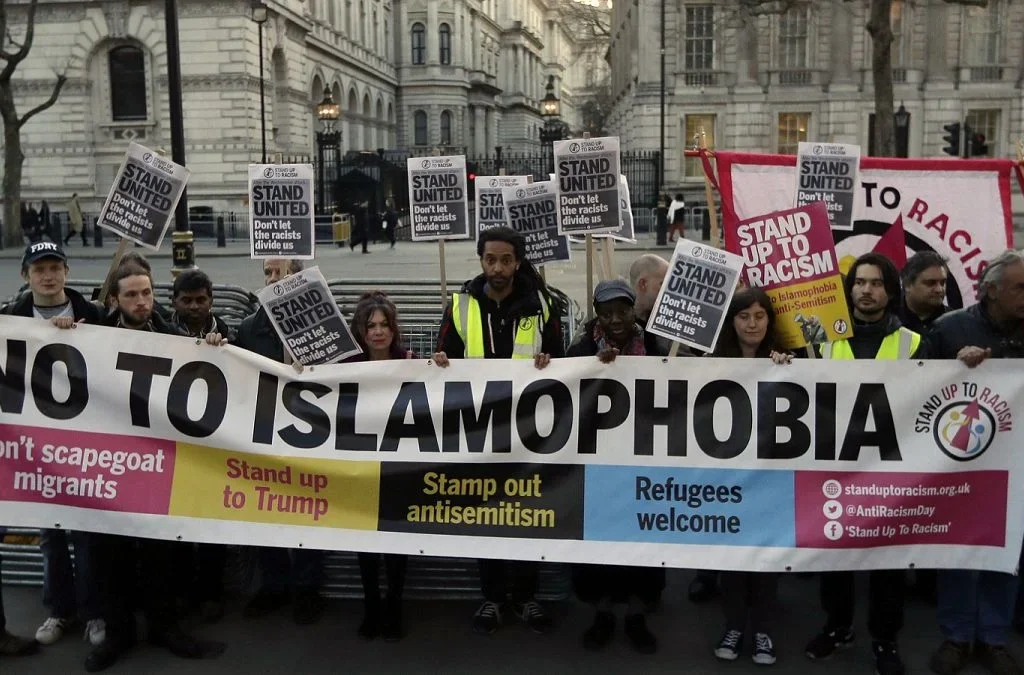
Global leaders mark the International Day to Combat Islamophobia, urging action against rising anti-Muslim hate and bias.
UN, Arab League Oppose Trump’s Proposal to Relocate Palestinians Outside Gaza
![UN and Arab League oppose Trump's proposal to relocate Palestinians outside Gaza, citing violations of international law. [Image via The Nation]](https://southasiatimes.org/wp-content/uploads/2025/01/un-opposes-trump-s-proposal-to-relocate-palestinians-outside-gaza-1738035665-4812.webp)
UN and Arab League oppose Trump’s proposal to relocate Palestinians outside Gaza, citing violations of international law.
UN Warns 1 Million Children in Gaza Are Facing Mental Health Crisis
![UN urges aid for Gaza: 1M children need mental health support, $4B appeal launched for urgent humanitarian needs. [Image via The Nation]](https://southasiatimes.org/wp-content/uploads/2025/01/1-million-children-in-gaza-need-mental-health-support-for-depression-anxiety-un-1737786549-7516.webp)
UN urges aid for Gaza: 1M children need mental health support, $4B appeal launched for urgent humanitarian needs.
